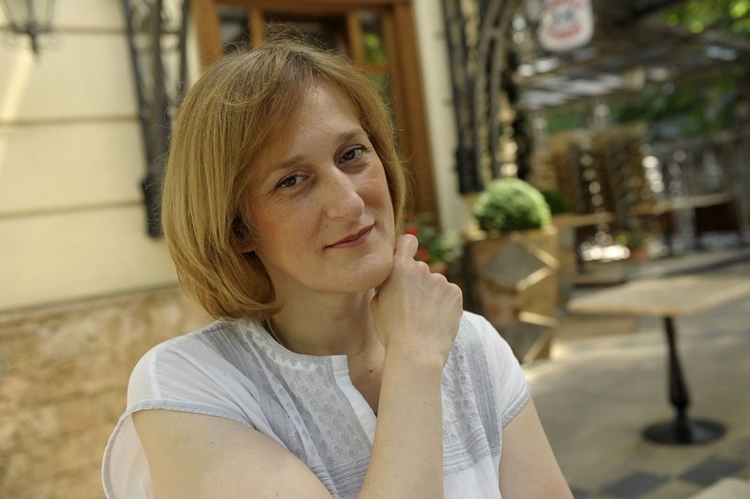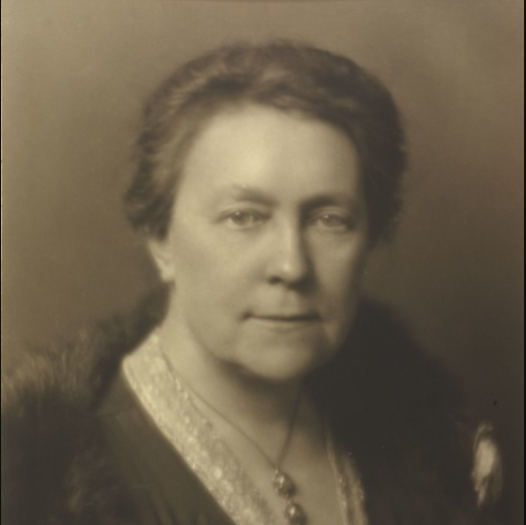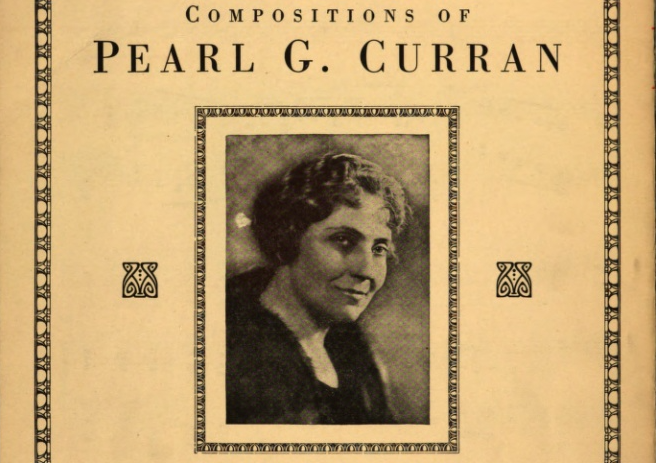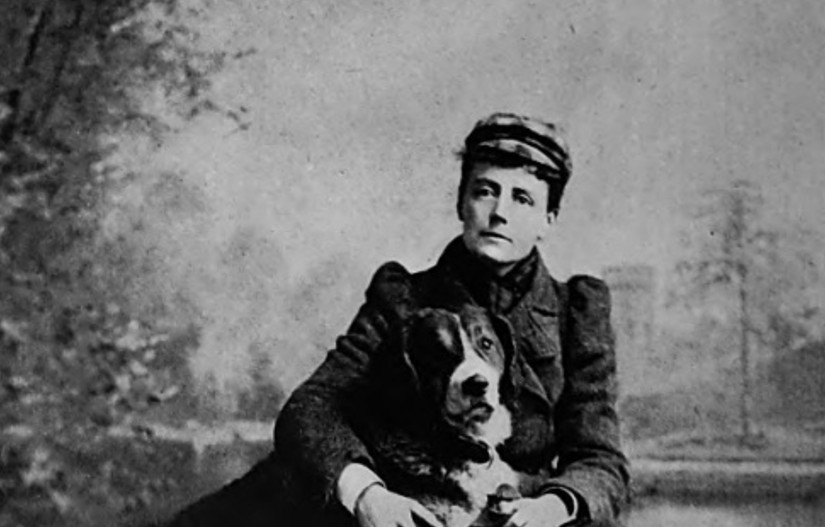Just two weeks ago, September 29 marked one year since Serbian music lost one of its most prominent voices – Isidora Žebeljan, composer of opera, orchestral, chamber and theatre music. She was just 53. Following her studies at the Belgrade Music Academy with Vlastimir Trajković (a student of Olivier Messiaen), she was appointed there as a professor of composition in 2002. In 2006, she was the elected as a member of the Serbian Academy of Sciences and Arts and in 2012 as a member of the World Academy of Arts and Sciences (WAAS). With commissions from important institutions and festivals such as the Berlin Philharmonic Foundation, Venice Biennale, Bregenz Festival and Genesis Foundation London, her works were widely performed and published by Ricordi. Last year saw numerous events celebrating Isidora’s life and work, culminating in a recently published book of her interviews and essays Dok slušamo musiku, sadašnjost je večna (which I loosely translate, “As long as we listen to music, the present is everlasting”), compiled and edited by her husband Borislav Čičovački, an oboist, musicologist and writer.
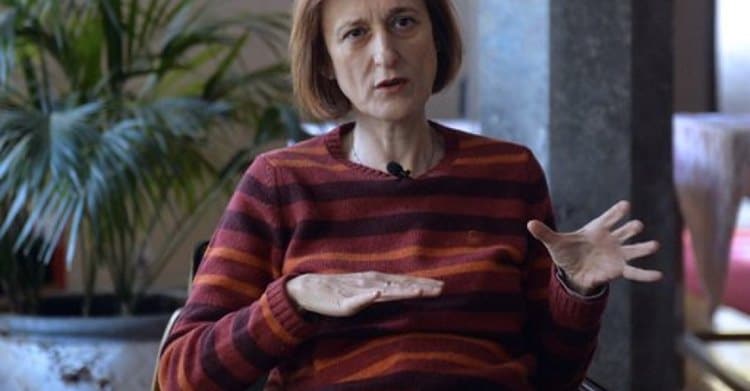
Rather than attempting to give an overview of her music in a single blog post, I want to share three of her works that I return to often, for both personal and professional reasons. The first one is A Cradle Song, which opens her Song-Wreaths, a cycle of five songs (and three intermezzos) for soprano and symphony orchestra composed in 1999, inspired by folk and urban poetry from Vojvodina dating from the end of the 18th and beginning of 19th centuries.
A Cradle Song
Dark, the night is dark;
Still an’ silent, everything’s asleep,
But my sweet bonny, my sweet dear one,
But my sweet dear one, oh, my dear sleepy one.
Darling, darling, the only beloved one, little one;
Oh my precious li’l one, precious sweetheart, my baby.
Darling, dear one, fall asleep! My heart, my heart;
My lamb, my child, oh, my child.
Your mother, li’l one; do sleep honey;
Your mother, li’l one; Darling, honey,
Bye, byesbyes, bye, bye, bye byebyes.
While this song was of great interest to me as a scholar of the South Slav art song, it holds a special place on a personal level as well, for it was first played to me by Vlastimir Trajković, Isidora’s professor of composition. He was a grandson of Ivanka and Miloje Milojević, the champions of art song in Serbia whose penchant for lullabies became the focus of my work to date. We had many conversations on the history of this special genre. And because these included his personal family story, I felt I was given a privileged ‘insider’ view into this repertoire. I enjoyed exploring the cycle’s specific relations between its eastern-Balkan heritage, western compositional practices, and the Stravinskian parallels that arise from the cycle’s contrasting intermezzos. As a singer, I was drawn to Isidora Žebeljan’s melodies, and it is as a singer and a listener that I want to share her music here. A Cradle Song’s lyrical, emotional quasi-folk song opening, followed by a change in register and a highly-strung, expressionistic recitative, is just one of many examples of her inventive treatment of vocal lines.
Zora D
Žebeljan’s melodic, emotionally expressive world came into full display couple of years later, in Zora D, the first of her five operas. Describing it, David Pountney wrote:
”When I was trawling through the entries for the Genesis Opera Prizes 1, amidst an absolute welter of indistinguishable representatives of what one might call ‘academic modernism’, Isidora Žebeljan’s music struck me immediately as something original, fresh, and above all emotionally expressive – a rare commodity, but an essential one for interesting theatrical story telling.”
(From the 2003 booklet for the opening of the 50th season of the Vienna Chamber Opera.)
Fascinated both by its music and its story (the libretto was written by Borislav Čičovački, Milica Žebeljan, and Isidora Žebeljan), I often come back to this one-act seven-scene “necklace of thickly threaded music pearls” (Čičovački, 2004, 245). I share here the short summary of the opera and its opening scene, hoping that it will entice listeners to immerse themselves further into Isidora’s melodic world, liberated, as was the composer’s wish, from the compulsion of reflecting upon the content they are listening to, but compelled instead to feel (Ibid).
The Plot
One summer day in 1935, Belgrade poetess Zora Dulijan mysteriously disappears. Sixty years later, Mina, an ordinary girl from Belgrade, quite unexpectedly becomes part of an incredible story, which gradually unravels as time goes by. Morning after morning Mina awakes from a recurring dream, remembering only some vague verses about poplar trees and the contours of a mysterious woman with a silver scarf. Unsettled, she sets out to solve the mystery that haunts her for no apparent reason. Part of the secret is also an invisible force, which Mina uses to gradually piece together the story of a great love that was brutally brought to an end 60 years before and that now seeks fulfillment. At the same time, Vida, a woman in her 80s who has just returned to Belgrade from a long exile, begins to feel tortured by ghouls from her past, the very spirits she has been trying to escape all those years. Mina, desperate to solve the mystery, and Vida, in search of final rest and redemption, meet to reveal to us what really happened to Zora D. (Čičovački, 2004, 244)
In the opera’s last scene, Zora, Jovan and Vida sing excerpts of Jovan’s last letter to Zora, intertwining the stories of past and present, of living and dead, of love triangle and its ensuing tragedy. Žebeljan’s melodic world maintains its emotional charge despite its reduced vocal range and sparse orchestral texture; its sorrow, anguish, restlessness, continue to resonate long after Zora’s repetitive fading last lines, delivering Žebeljan’s own credo “As long as we listen to music, the present is everlasting.”


